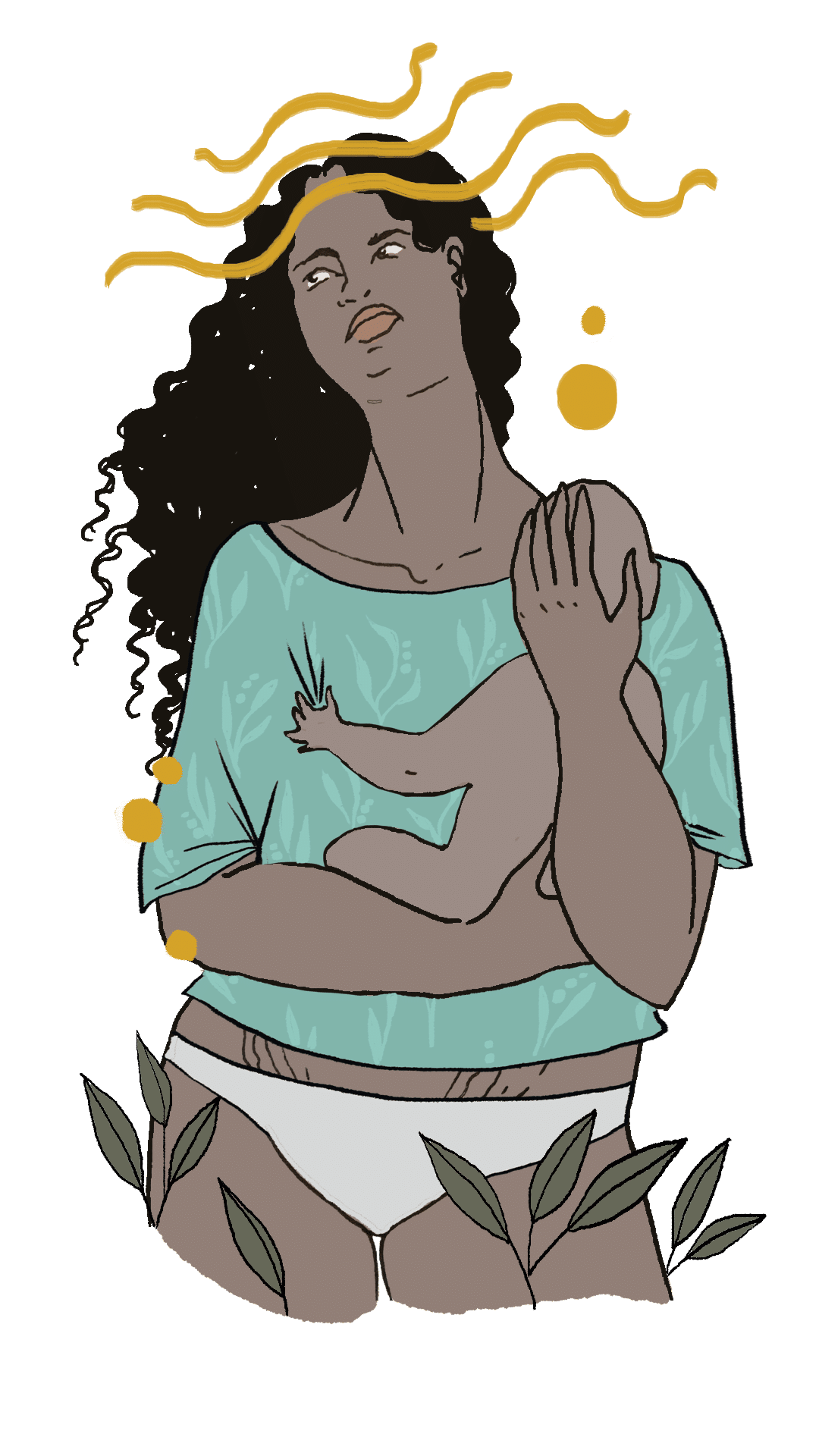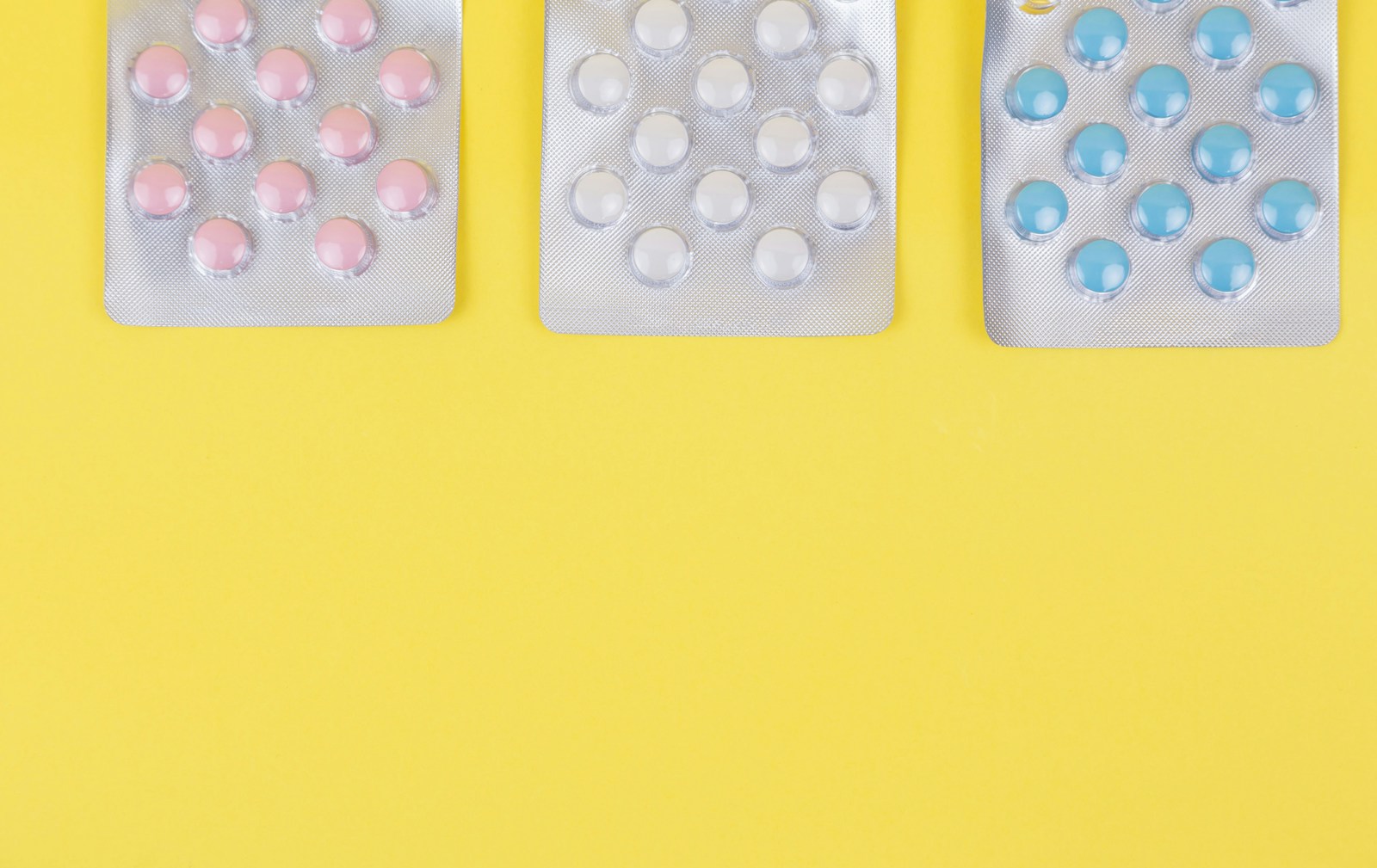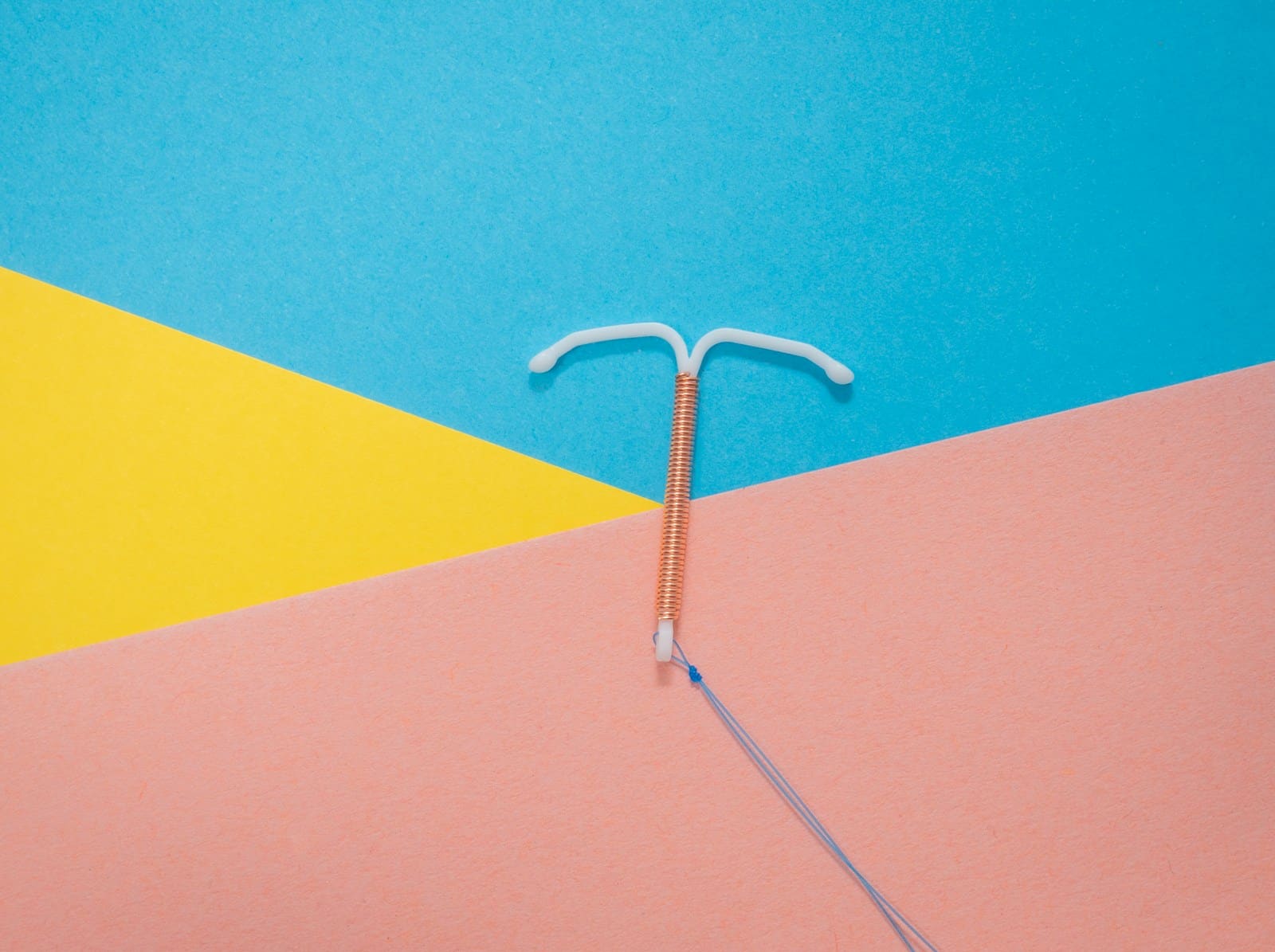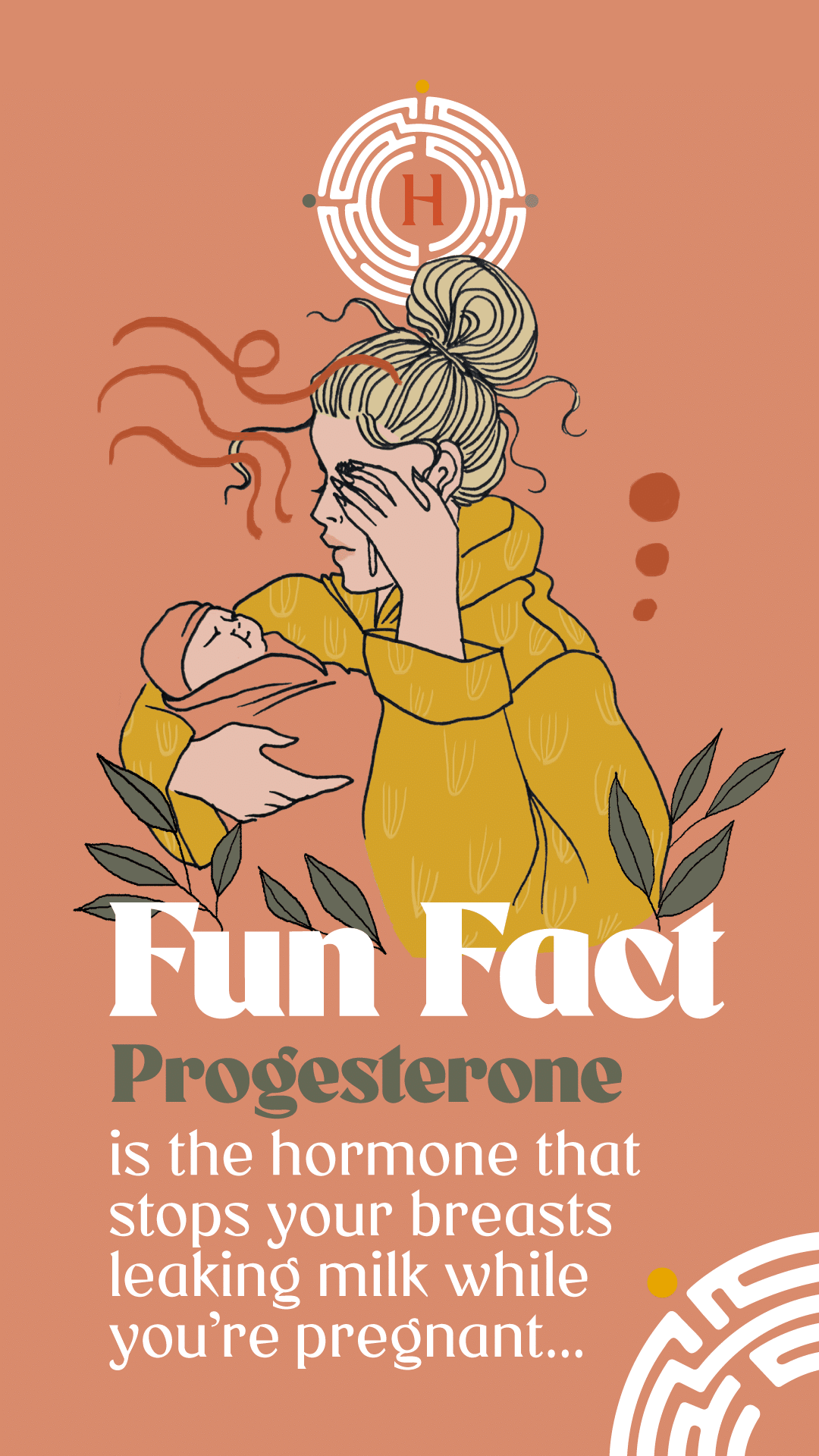Hormones &
Pregnancy
In this article, we are going to talk about the 6 key hormones that have a big role to play during your pregnancy.
Hormones &
Pregnancy
In this article, we are going to talk about the 6 key hormones that have a big role to play during your pregnancy.
Your hormones will change a lot over the course of your pregnancy. Different hormones go up and down at different points during each of your trimesters (the three stages of pregnancy).
Each hormone has an important role to play and each hormone helps to support different bodily functions essential to your pregnancy. From breastfeeding to birth, your hormones have a big role to play in helping you to safely navigate this time of your life.
In this article, we are going to talk about the 6 key hormones that help to support your body to get through pregnancy and explain a bit more about what they do and why they are important.
The 6 key hormones that have a big role
to play during your pregnancy are:
Help spread the knowledge

Relaxin is not just a lyric from the Fresh Prince of Bel Air, it’s also a hormone that increases during pregnancy.
Pregnancy Stages
You may have heard the word ‘trimester’ used when people talk about pregnancy. A trimester describes what stage of pregnancy a person is in. For example, if a person is 6 weeks pregnant, they will be able to say they are in their first trimester of pregnancy.
There are three trimesters in total and they start from when you get pregnant to the time at which you give birth. It makes sense the stages of pregnancy are called trimesters then, because ‘tri’ means three!
First Trimester
The first trimester is the first 12 weeks of pregnancy. After conception (when the egg reaches the sperm and ‘fertilization’ takes place) you will be able to say you are pregnant and your first trimester begins. During the first trimester hormone changes can leave you feeling pretty rough.
- You may feel tired, nauseous, or find you start to cry for no real reason.
Middle or Second Trimester
The middle trimester is between 13-27 weeks of being pregnant. This trimester is when most women say they feel at their best during pregnancy.
- You may find you have more energy, or even get that ‘glow’ we hear people talk about!
Third or Final Trimester
The third trimester is from week 28 of pregnancy to the birth of your baby. This trimester will feel more like the first. It’s probably going to be filled with ups and downs both in the way that you feel emotionally and the changes you experience in your body.
- Your bump may appear more obvious than in your second trimester and you may feel a bit more overwhelmed as your body starts to get ready for birth
In the two weeks before and after you give birth, your hormone levels go through major changes. Not only will you feel like you’ve been on an emotional rollercoaster having given birth, your hormones will have been on a wild ride too.
Further reading
The Big 6: Key Hormones During Pregnancy
All of your hormones are important and help your body get through pregnancy, but there are 6 in particular we need to spend some time breaking down. These are the ‘big hitter’ hormones in your line-up that help to get your body ready for birth and continue to support you even after you meet your baby.
Human Chorionic Gonadotropin (hCG)
The first hormone to change during pregnancy is hCG.
- hCG is the hormone that a pregnancy test picks up when you pee on a stick .
- hCG helps something called the ‘corpus luteum’ develop, which is responsible for producing the hormones relaxin and progesterone in the early stages of pregnancy.
- The corpus luteum is a mass of cells that can be found in our ovaries
- Every month, the corpus luteum develops when an egg is released.
- If we don’t get pregnant the corpus luteum goes away, but if we do get pregnant it helps us to produce the hormones we mentioned – relaxin and progesterone.
Relaxin
Relaxin is a hormone that increases from the get go in pregnancy.
- Relaxin makes sure that your uterus doesn’t contract (like it does when you have a period) throughout your pregnancy.
- Relaxin helps your blood vessels to relax so plenty of blood can get to the placenta.
- The placenta is what ‘feeds’ the baby during pregnancy.
- Relaxin helps to relax your joints and supports your pelvic structure to make room for the growing baby.
- Relaxin also helps to keep the cervix soft during labor.
When it comes to relaxin, the word describes the action – it’s all about helping your body to relax!
Progesterone
In pregnancy, progesterone increases at a slow and steady rate.
- Your levels of progesterone will be at their highest in weeks 35-36 of your pregnancy.
- Progesterone also helps to strengthen your pelvic floor muscles. This is really important as you get ready for labor.
- Progesterone helps the placenta to form and makes sure it has a good supply of blood.
Estrogen
Estrogen has a bit of a slower start than the other hormones we’ve mentioned at the beginning of your pregnancy. It quickly makes up for this though, and as your pregnancy gets under way estrogen takes a central role in helping to support your pregnancy.
- Estrogen helps the uterus to grow.
- Estrogen makes sure the lining of your womb stays as it should.
- Estrogen helps the fetal organs grow.
- Along with progesterone, estrogen helps your breasts to grow, and get your milk ducts ready for breastfeeding.
We like to think of Estrogen as the big boss in charge during your pregnancy – she’s there to make sure your other hormones are getting the job done and staying on top of their game.
Prolactin
Alongside estrogen, prolactin is the other hormone that helps your milk to come in. You may have heard people use the word ‘lactose’ to describe things related to milk. For example, ‘I’m lactose intolerant’. So when it comes to pro ‘lac’ tin, the clue is in the name!
Fun fact: progesterone is the hormone that stops your boobs leaking milk while you’re pregnant. After you give birth, your progesterone drops and this is what allows the milk to start coming in . As long as prolactin is doing its job effectively, you should find your milk comes in after about 2-4 days of giving birth.
Oxytocin
The final important hormone in pregnancy we need to mention is oxytocin. You’ve probably heard of this hormone before – some people call it the ‘love’ hormone.
- Oxytocin is the hormone that helps your body to start labor
- Oxytocin is also sometimes used by doctors in cases where labor needs to be induced.
- Inducing labor is when a doctor ‘starts’ your labor for you, because your body isn’t beginning the process on its own.
- Using oxytocin in this way, helps to make sure the muscles in the uterus contract, which works to start pushing the baby out.
- Oxytocin helps to reduce bleeding that can happen after birth.
- Oxytocin increases again during breastfeeding
- This is to help you bond with your baby and to develop a relationship!
Hormones
After Birth
If you’re breastfeeding, the hormones prolactin and oxytocin will still continue to go up and down for a while. This is not the case for estrogen and progesterone. These hormones fall quickly at the time you give birth.
- Estrogen and progesterone will stay low until your periods start again.
- It could take between 5-12 weeks after giving birth, or even longer if you’re breastfeeding for your periods to come back.
- Once you begin having periods again, your estrogen and progesterone should return to their usual pattern of rising and falling during each monthly cycle.
- It’s important to remember that after birth, it can take a few months for your normal period pattern to return. That being said, it’s also important to know that it is still possible, even if unlikely, to get pregnant while breastfeeding and/or before your periods return to their normal pattern. If you’re having intercourse, use contraception, unless you want to get pregnant again rapidly (though keep in mind that it can be very hard on the body to have two pregnancies in such rapid succession).
Low levels of progesterone and estrogen impact women differently and lots of things come into play when we think about how women feel in the first few weeks and months after they give birth.

Things that affect how women experience the postnatal period (the time after you give birth) can include:
- Your overall health during pregnancy.
- What your delivery experience was like.
- Some women experience really traumatic births and this can take time to process.
- What level of family or partner support you had and continue to have at home.
It’s important to think about how hormones can make already difficult things a heck of a lot worse. For example, if your pregnancy was difficult because you felt unsupported by loved ones, your low levels of estrogen and progesterone will probably make thinking about this experience worse. This is something that can often be overlooked, even by healthcare professionals.
Low Hormones
Low hormone levels – at least in part – may be responsible for:
Changes to your mood
This includes feeling low, anxious, overwhelmed, isolated, losing a sense of yourself, or sometimes even acting out of character.
Feeling exhausted
We’re not talking the regular kind of tired here, we’re talking the can barely keep your eyes open tired!
Problems sleeping (even when the baby is sleeping)
- This can be a really hard one for women
- You may find yourself daydreaming about a good sleep, but when it comes down to getting the chance to nod off, you suddenly feel wide awake
Headaches or migraine episodes
- Migraines are the types of headaches that can come with other symptoms
- These symptoms include things like nausea, vomiting, feeling sensitive to light, feeling dizzy, or having changes to your vision (like seeing spots or colors)
- If you think you are experiencing migraine headaches make sure to talk to your doctor about this and mention any medications you are using
All of these symptoms can happen alongside heavy bleeding, pain in your perineum (the space between your vagina and rectum), bladder problems and sore boobs. So the bottom line is, when it comes to pregnancy and hormones… give yourself a huge break! There’s so much going on that’s out of your control. Take all the help you’re offered and have love and compassion for yourself, not just your little one(s).






